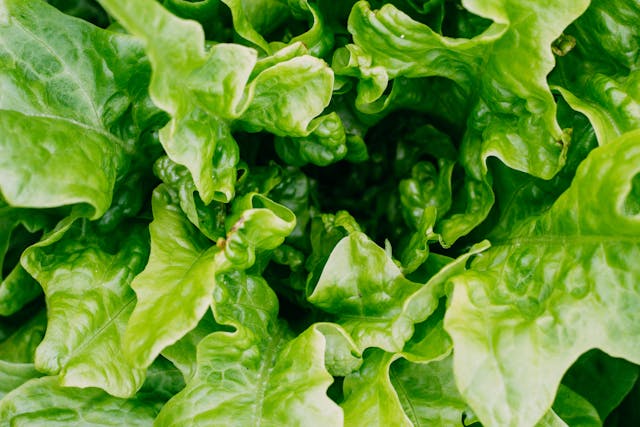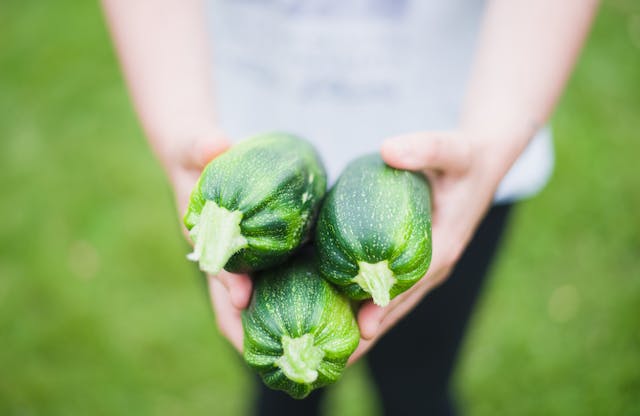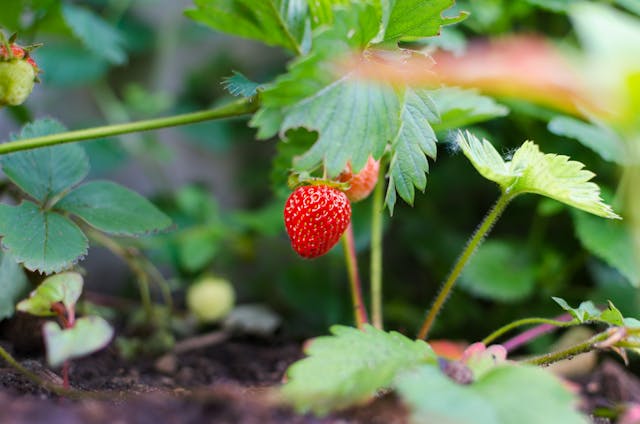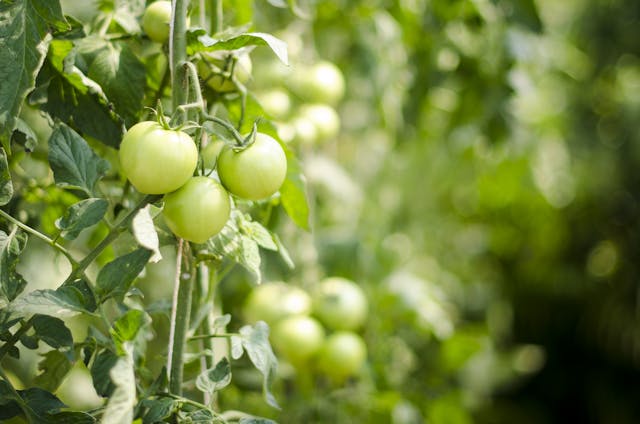Whether you are retired, or just like to spend your free time in your garden, growing vegetables can be a rewarding use of your time. But before you dive in and start growing everything you need for a salad; you should know that there are certain vegetables you should start with.
Not all vegetables are easy to grow, and some varieties will have you tearing your hair out. Below are the easiest vegetables to grow for beginner gardeners.
10 Easy to Grow Vegetables
1. Lettuce
According to Farmer’s Almanac, heads of lettuce can grow in every garden. While there are optimal conditions (morning sun and partially shaded), lettuce is extremely resilient, and you shouldn’t have issues harvesting it all season long.
Lettuce also doesn’t need any fancy equipment, and even beginners can grow it directly from seeds—so just grab a packet, place the seeds 8 to 10 inches apart, and stand back to watch your garden flourish.

2. Radishes
Radishes grow beneath the surface of the soil, making them an ideal crop in almost any sunlight. Of course, you need to have high-quality soil, but you can order some from Amazon or pick some up at your local hardware store. Just AVOID any soil with fresh manure, as radishes can be eaten unpeeled.
Radishes can be grown from seeds and take 3-5 weeks to grow. Because they aren’t too picky about sunlight, they are easy to add to the corner of your garden that you can’t seem to fill.
3. Bell Peppers
Several sources list bell peppers as easy to grow, but we found them challenging in a wet environment. So, if the summers are drier where you are, give them a shot, but don’t count too much on eating fresh bell peppers.
The cool thing about bell peppers is you can harvest them at almost any moment and they will continue to change colors until they go bad. That being said, they will never get any sweeter, so ensure you leave them on the vine long enough to sweeten up.
Bell peppers need full sun and warmth to grow. So, if your area is known for rainy summers, skip them.
4. Green Beans
Have some poor soil you need to replenish before planting again? Then you absolutely must grow green beans. These bushes replenish the soil as they grow, making them ideal for an in-between crop.
All varieties of green beans need warm, moist soil, but there are many options that don’t require a complicated trellis. Those in cool areas should try to grow snap beans, while those in warmer regions can grow lima beans and southern peas.
5. Carrots
Like radishes, carrots grow beneath the soil, so they are tolerant of a wide variety of lighting. They are also one of the few crops that can tolerate frost.
That being said, carrots will not grow in the wrong soil. They need soft, loose, sandy soil that will allow them to burrow deeper (otherwise, they get deformed). They also need plenty of space, so instead of trying to put in as many plants as possible, really space your carrots out so they aren’t afraid to grow!
It is also worth noting that carrots do best in a cooler environment. So those in hot areas should only plant them in the spring/fall.

6. Zucchini
Zucchini plants are so simple to grow, we are shocked that we don’t see them everywhere. The problem is, zucchinis can be almost too easy to grow—their vines can spread and they can take over your entire garden if you aren’t careful!
We recommend placing zucchinis in their own garden box, to hopefully discourage the spread—but don’t be surprised if they jump to a nearby box. Zucchini need sun and moist soil, and keep those trellises on hand if they start to grow out of control.
7. Cucumbers
Cucumbers are surprisingly easy to grow as long as their basic conditions are met. One, they need soil with a high nitrogen content which you can do by adding special fertilizer. Then, plant them by the fence or a trellis so the plants have somewhere to climb when they begin to grow.
Cucumbers need lots of sun, so put them in a high-sun area. Controversially, grow them next to corn, which will trap the heat and block them from the wind.

8. Strawberries
Strawberries are just happy to be planted and they will grow in almost any environment. We have had lots of success with strawberries in our own garden, the problem is protecting your baby strawberries from everything that wants to eat them.
If you live in an area with squirrels, rabbits, or mice, you will struggle to protect your crop. We recommend buying plant protectors so you can enjoy the fruits of your labor.
9. Tomatoes
Like strawberries, we found tomatoes easy to grow as they are fairly tolerant of almost all growing conditions. They do need full sun and some warmth however, or they will never turn from green into red.
We recommend adding tomato-specific fertilizer to the soil before you plant your tomatoes, and for those with a short growing season, start seedlings inside; just keep them away from pets, as the leaves can be poisonous to animals.

10. Beets
Beets, like radishes and carrots, are easier to grow because they grow beneath the surface of the soil. Simply sow the seeds one inch deep, about 4 inches apart. Each “seed” actually contains 2-3 seeds, so you will need to thin them later to have a good yield.
Our favorite part about beets is that you can also eat the leaves, meaning you just grew two plants at the same time! Just make sure they aren’t in soil which is too acidic, and you can start planting them as soon as the soil thaws.
Ready to start growing your own fruits and vegetables? Check out this seed starter kit which can get you all the seeds you need to get started. For tools, head over to our article about the best gardening tools for seniors. Also, check out our Senior focused green thumb strategies to help your garden thrive!












 by
by 





Leave a comment